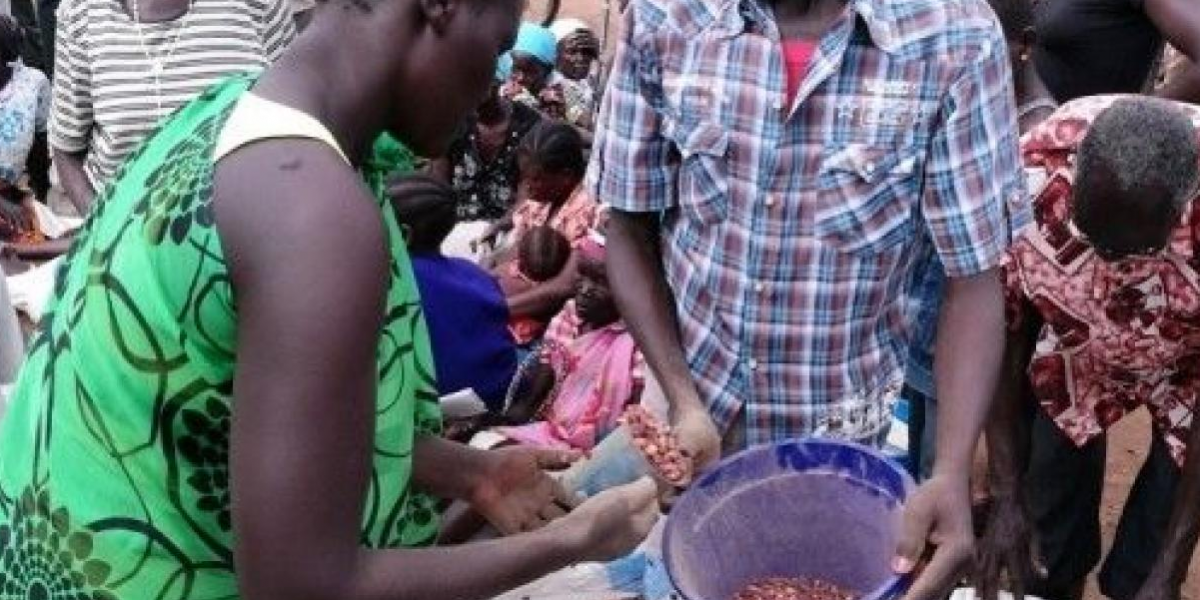Nearly 2,000 baby deliveries by teenagers were registered at the various health facilities at the Bidi Bidi Refugee settlement at the height of the COVID-19 pandemic in Uganda.
Records at the International Rescue Committee (IRC) indicate that over 4,000 girls under 18 years reported their first Antenatal Care (ANC) visit at various health facilities in Bidibidi Refugee Settlement between January 2020 and September 2022.
Elijah Okeyo, the Country Director at IRC attributes the high burden of teenage pregnancies in the settlement to neglect of critical sectors and social services like education and child protection during the COVID-19 response.
“With all focus drawn to the COVID-19 response and now the Ebola outbreak in Uganda, some critical sectors and social services have been deprioritized. It is high time attention is brought back to key sectors such as education, child protection, and targeted sexual health and rights information and services for young girls and boys”, he said.
A statement issued by the IRC and health implementing partners in the settlement shows that an average of 1,400 girls become pregnant annually in the Bidibidi settlement, something they say has dire consequences on the well-being of adolescent girls.
“As the world marks the 16 days of activism against gender-based violence, the IRC warns of the effects of early pregnancy and sexual exploitation on the wellbeing of adolescent girls in emergency situations”, reads part of the statement.
Alli Drasi, the Yumbe district social services secretary says that there is a need for concerted efforts by the key stakeholders to tackle the vice of teenage pregnancy in the refugee settlement.
“The parents should get a chance to see that their children if taken through education will be very important people. We should work together to ensure our children are protected,” Drasi said.
According to the latest Refugee Statistics by UNHCR as of October 31, 2022, the Bidibidi refugee settlement is home to 193,156 refugees and asylum seekers.

